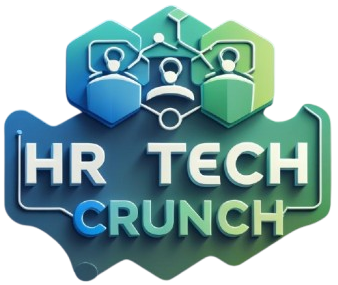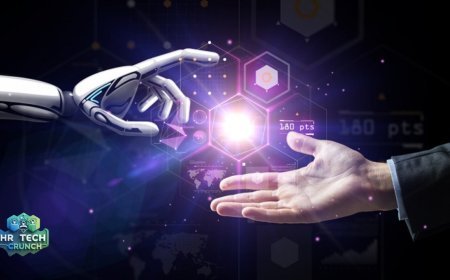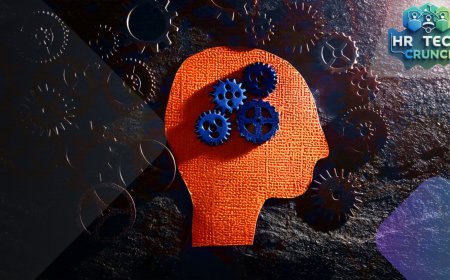Standing Strong Together: HR’s Role During Natural Disasters

Standing Strong Together: HR’s Role During Natural Disasters
Natural disasters and extreme weather events are reminders of how unpredictable life can be. Whether it’s a flood, earthquake, cyclone, wildfire, or a severe storm, these events can turn lives upside down in moments. In times like these, the role of Human Resources becomes much more than just managing attendance or benefits-it becomes a pillar of compassion, communication, and coordination.
For employees facing the immediate impacts of a natural disaster, work often becomes secondary to safety, family, and survival. And rightfully so. The first responsibility of any organization in such situations is to care for its people. HR is uniquely positioned to be the bridge between leadership and employees, offering reassurance, flexibility, and practical support when it’s needed most.
Empathy leads the way during a crisis. A simple message checking in on people’s well-being or acknowledging what they might be going through can mean a lot. Employees need to know that the organization is not only aware of the situation but is ready to stand by them. Whether it's offering paid leave, providing mental health resources, or arranging temporary work-from-home setups, even small gestures can make a big difference.
Preparedness plays a key role in how well an organization responds. HR can help create clear emergency plans-what to do, who to contact, and how to stay connected when regular operations are disrupted. Having systems in place ensures that when disaster strikes, confusion is minimized and support reaches those who need it quickly. Communication must be timely, clear, and human. In the absence of information, fear and uncertainty can spread.
Beyond the immediate response, HR also supports long-term recovery. Employees returning to work after such experiences may carry emotional and physical burdens. Being flexible, understanding individual circumstances, and offering counseling or wellness programs shows that the care doesn’t end once the headlines fade. This continued support not only helps individuals heal but also reinforces a sense of belonging and loyalty within the team.
HR can also work with leadership to assess and strengthen workplace safety in the face of future events. For businesses with physical locations, this might include revisiting evacuation plans or safety infrastructure. For remote teams, it might mean supporting employees in setting up safer home environments or finding ways to stay connected when networks go down.
Natural disasters test the resilience of both people and organizations. But they also reveal the strength of culture, values, and leadership. When HR responds with heart and readiness, it reminds everyone that beyond the policies and procedures, there are real people looking out for one another.
At its best, HR becomes a source of comfort and stability when everything else feels uncertain. And in those moments, the support it provides is not just professional-it’s deeply human.























